[All links lead to Portuguese-language webpages unless otherwise noted.]
Rio de Janeiro residents have begun to fight the increasingly high prices of hotels, rent, food, clothing and entertainment which have made the 2016 Olympic City and host of the 2014 World Cup a difficult place to live.
With the typical local sense of humour, comments on social networks have given others a glimpse of the borderline ridiculously high cost of living in the city. The term “surreal” has increasingly been used to refer to current events in Rio de Janeiro.
Incidentally, this was the name given to an exclusive currency created in jest for the city by web designer Toinho Castro to substitute the Brazilian currency the real. The proposal for the Surreal was the subject of comment in a note published in a widely read newspaper, O Globo:
“Tem mais a ver com a nossa realidade”, diz, citando um diálogo-que-gostaríamos-de-ouvir: “Quanto é a água, moço?” E a resposta: “Cinco surreais…” [cerca de 2 dólares americanos]
“It's more appropriate to our day-to-day lives”, he says, quoting a dialogue we'd like to hear: “How much is the water, young man?” And the reply: “Five surreals…” [around 2 US dollars]
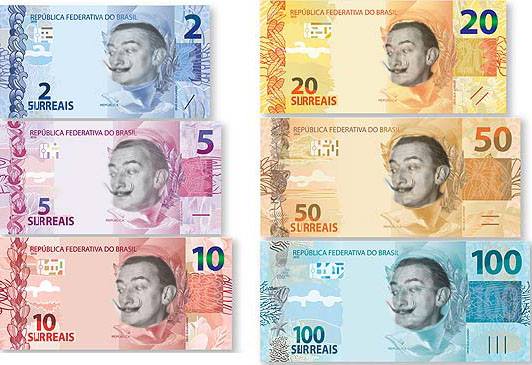
“The Surreals: the face of the new currency they've been talking about…” Artwork by Patrícia Kalil shared on Facebook.
The Facebook page “Rio $urreal – NÃO PAGUE” (Rio $urreal – DON'T PAY) “publicises and boycotts extortionate prices” charged around the city. Created on 17 January 2014, the page attracted more than 95,000 followers in three days.
A gente aqui não faz a apologia de “tudo tem que ser barato”. Não, não é isso. Quem quiser comer ostra, beber espumante, jantar em um lugar cujo chef estudou no Cordon Bleu… Bem, tem que arcar com este preço. E, de vez em quando, todo mundo tem direito a tomar espumante, comer uma iguaria, enxugar a boca com guardanapo de pano – se puder pagar por este luxo ocasional. Comer bem dá alegria, dá conforto, é um convite à confraternização.
Bons ingredientes custam caro. Funcionários bem treinados também. Logo, ninguém aqui acha absurdo pagar mais por aquilo que de fato custa mais. É o justo. E você merece fugir do feijão com arroz e do trivial de vez em quando. Não merece?
Duro mesmo é pagar R$ 30 reais por batata frita [cerca de 13 dólares americanos]. Ou R$ 11 por um suco [4,7 dólares americanos]. Ou R$ 8, R$ 9 ou R$ 10 por uma garrafinha de água mineral [entre 3,4 e 4,3 dólares]. Ou R$ 15 pelo aluguel de cadeira e barraca na praia [cerca de 6,4 dólares]. Estes são alguns dos absurdos.
We're not arguing here that “everything has to be cheap”. No, it's not that. Those who wish to eat oysters, drink bubbly, dine in a restaurant whose chef studied at Cordon Bleu… Well, they have to bear the expense of doing so. And, from time to time, everyone has the right to drink bubbly, eat a delicacy, dab their mouths with a cloth serviette – if they can pay for this occasional luxury. Eating well brings happiness and comfort, it's an invitation to socialise.
Good ingredients are expensive. Well-trained employees are too. Nobody here thinks it absurd to pay more for something which actually costs more. That's fair. And you deserve to escape from the old beans with rice of every day from time to time. Don't you?
What's really tough is paying 30 reals for some chips [around 13 US dollars]. Or 11 reals for a juice [4.70 US dollars]. Or 8, 9 or 10 reals for a little bottle of mineral water [between 3.40 and 4.30 dollars]. Or 15 reals for a seat and shade on the beach [around 6.40 dollars]. These are just some of the absurd prices.
A “case of hyper-surrealism” was reported on the page by follower Clarissa Biasotto:
Hoje fui à praia do leblon e me deparei com um gringo sul-americano perguntando a um vendedor ambulante se ali era a praia do leblon. O vendedor respondeu que ali era copacabana, ficou enrolando o gringo dizendo que não sabia e no fim disse que aqui no Rio tudo é pago e que, por isso, a informação também era paga.. enfim, o gringo já tava pegando a carteira e perguntando quanto o ambulante queria quando eu tive que gritar pro gringo que era sim a praia do leblon.. o gringo chegou a perguntar se aquilo foi uma pegadinha.. enfim, achei vergonhoso, surreal..
Today I went to Leblon Beach and I came across a South American tourist asking a street seller if this was Leblon Beach. The seller replied that it was Copacabana, he carried on deceiving the tourist saying that he didn't know and in the end he said that here in Rio nothing is free, and for that reason, the information also had to be paid for. The tourist was already getting his wallet out and asking how much the seller wanted when I had to shout at the tourist that yes, it was Leblon Beach. The tourist even asked if it was a joke. I found it shameful, surreal.
But the most common denunciations come in the form of photos of menus with exorbitant prices, like chicken stroganoff for 72 reals (or 30 US dollars), a toasted sandwich for 20 reals and a green salad for 43 reals (8.50 and 18.20 US dollars respectively; see photo to the right).
The administrators of “Rio $urreal” state that the page was created primarily with the “aim to encourage consumers to reflect on their purchases”:
Cabe a nós decidirmos quando queremos pagar o preço por determinada coisa – seja ela uma roupa, refeição ou um serviço. Está caro? Não compre. O prato é inviável? Mude de restaurante. Ainda assim não achou o que quer? Chame os amigos para jantar na sua casa. Foi à praia e o aluguel da cadeira tá um horror? Já pensou que ter a sua pode ser um bom custo-benefício? Consumo consciente – esta é nossa meta.
It's up to us to decide when we want to pay the price of a particular item – whether it is an item of clothing, meal or service. Is it expensive? Don't buy it. The menu's a non-starter? Change restaurant. You still don't know what you want? Call your friends and ask if you can eat at their house. You went to the beach and the seat rental was extortionate? Did you ever consider that buying your own might be a good investment? Conscious consumption – that's our goal.
Other initiatives have also become popular. The page “Se Vira no Rio” has more than 14,000 followers and publicises venues that offer food and entertainment at accessible prices.
The rise of the property bubble
In one of its posts, the page encourages users to share solutions that would allow the inflation of property prices to be reversed or stopped. In the almost 300 comments on this post, various cases are reported and some solutions proposed, many involving some kind of “anti-speculation laws” or state intervention; others called for a change in consumer behaviour, such as the search for alternative areas in the city or the abandonment of real estate agencies.
Many also believe that the real estate bubble is about to burst. Vinicius Bito Trindade, an employee of the Bank of Brazil, commented:
há quem diga que o que encarece os imóveis aqui é o excesso de crédito para o financiamento… inflaciona o mercado e tal, assim que a política econômica mudar, a tendência é cair e ferrar quem estiver preso a uma prestação irreal…
Some say that what's pushing up property prices here is the excess of credit for financing. It inflates the market and all that, as soon as the economic policy changes, the tendency is for it to fall and hit anyone who's tied into an unrealistic loan.
Another initiative to raise awareness of the jump in the cost of living in Brazil is the site “Tem algo errado ou estamos ricos??” (“Is something wrong here or are we rich??”), which compares adverts for property for rent and for purchase in the country and abroad. With this, it exposes high prices in Brazil for old and poor-quality properties, in comparison with similar or lower prices for charming properties in good neighbourhoods in countries in the developed or developing world.
The site shows, for example, an apartament of 600 m2 in Rio advertised for 66 million reals (or almost 30 million US dollars). For several million less, it would be possible to buy the mansion where John Lennon wrote some of the songs for the album “Sgt. Pepper's Lonely Hearts Club Band” or an entire building in the Upper West Side of New York. In another case, quitinetes, or apartments in which the bedroom and living area are combined, go for more than one million reals (around 430,000 dollars). With the site's posts, it is possible to observe that the explosion of property prices is not exclusive to Rio de Janeiro:
Casinha em condomínio fechado em Valencia – Alicante (Torremendo) [Espanha]. Casa novinha em folha, perto da praia, perto de um clube de golf, em um condomínio fechado com tudo (solário, etc etc). garagem para 2 carros… bela vista… bla bla bla bla
(…)
Imóvel novo, condomínio fechado com tudo, perto da praia, bonito, etc etc… quanto?? Cerca de US$88.952 (em torno de R$ 200/ 210 mil reais… depende desse dólar maluco oscilando)
Mas não fique triste brazuquinha… você tem belas opções aqui no Braziu… Na nobre cidade de Lajeado no RS… no bairro Planalto você encontra uma linda casa pelo mesmo preço!! Incrível não???
Dá uma olhadinha…
É uma versão + root (a rua não é pavimentada… não tem piscina no condomínio, clube de golf… praia… vista… mas… é reflexo de nossa proximidade com os países de primeiro mundo né?? fazer o q??
Little house in closed condominium in Valencia – Alicante (Torremendo) [Spain]. Brand new house, near the beach, near a golf club, in a closed condominium with all facilities (conservatory, etc., etc.). Garage for two cars, lovely views, blah blah blah blah
(…)
New property, in a closed condominium with all facilities, near the beach, beautiful, etc. etc… how much? Around 88,952 US dollars (around 200,000 or 210,000 reals, it depends on that crazy dollar going up and down).
But don't be sad, sweetie, you've got great options here in Brazil. In the noble city of Lajeado in RS in the lovely district of Planalto, you can find a nice house for the same price!! Incredible, isn't it???
Take a look…
It's a more authentic version (the road isn't paved, there isn't a swimming pool in the condominium, no golf club, beach, views, but it's a reflection of our proximity to the countries of the first world, isn't it?? Do it or what??
For the World Cup period, the federal government has announced measures to contain the prices of air travel and hotels, such as the intervention of consumer rights organization Procon, who filed complaints against four airline companies due to abusive price of plane tickets, and the control of the National Agency of Aviation, the ANAC.
A recent measure was the authorisation of 1,973 new flights to increase competition in the aviation sector during the months of June and July when the Cup will take place.
Opting for state intervention to contain prices is always a delicate decision in free market states. For the aviation sector, which is regulated and considered strategic for national interests, this policy is already a reality in World Cup Brazil. But the containment of prices of consumer goods is still a huge challenge for Brazilians and also for traditionally dynamic sectors. At least on social networks, the mobilisation has begun.

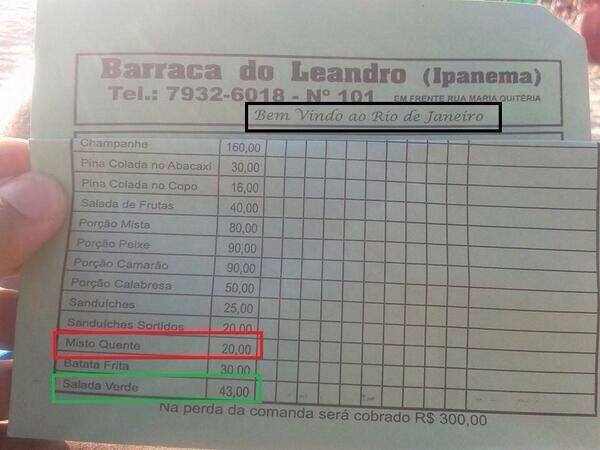
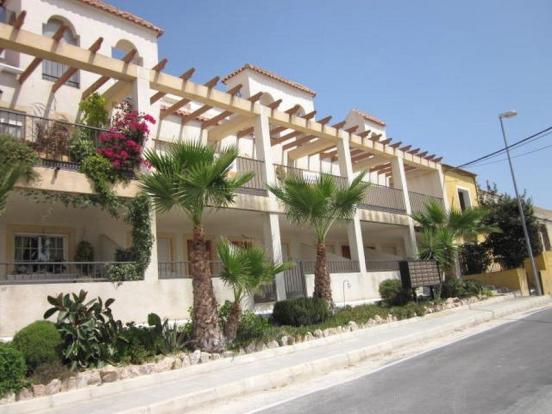
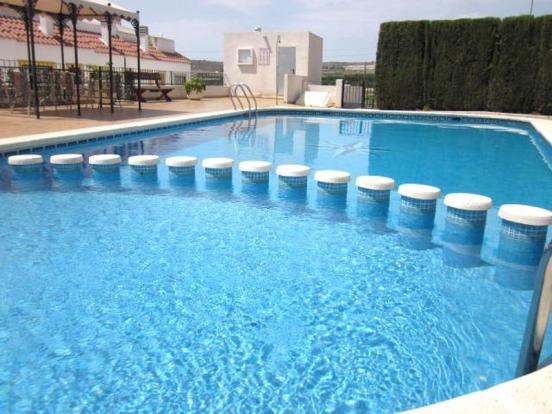
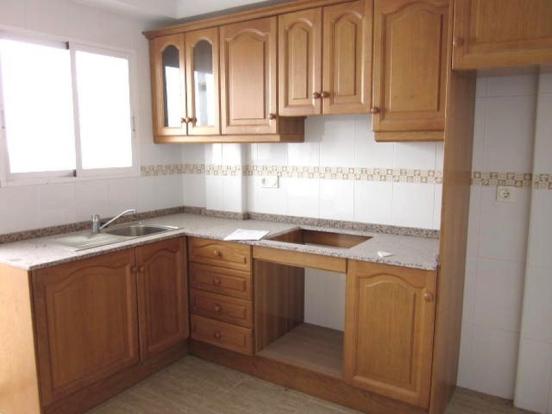
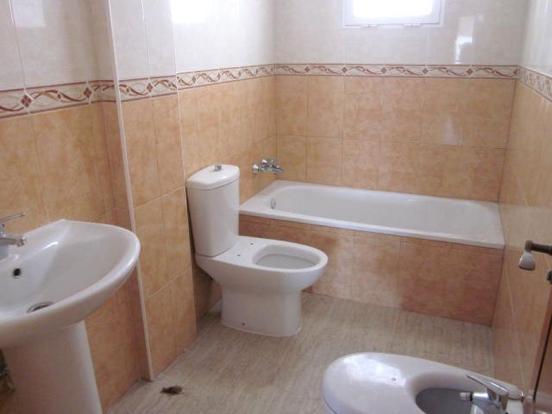
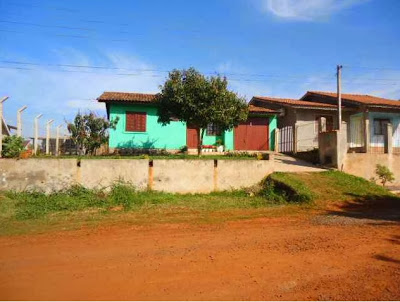






8 comments
adorei a matéria e a tradução…se precisar de apoio com alguma edição ou quiser add mais suspense com a tradução em Inglês ..fale comigo..@ jholmes81@outlook.com ! sds
Thank you for sharing valuable information. Nice post. I enjoyed reading this post. The whole blog is very nice found some good stuff and good information here Thanks..Also visit my page Rental Property Accounting